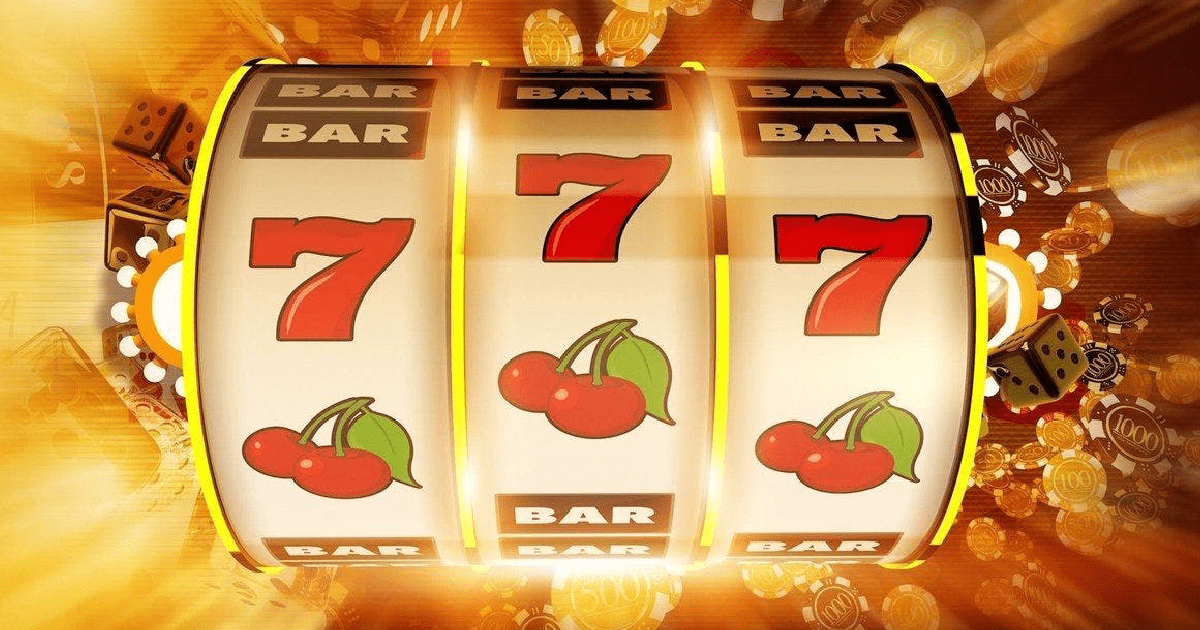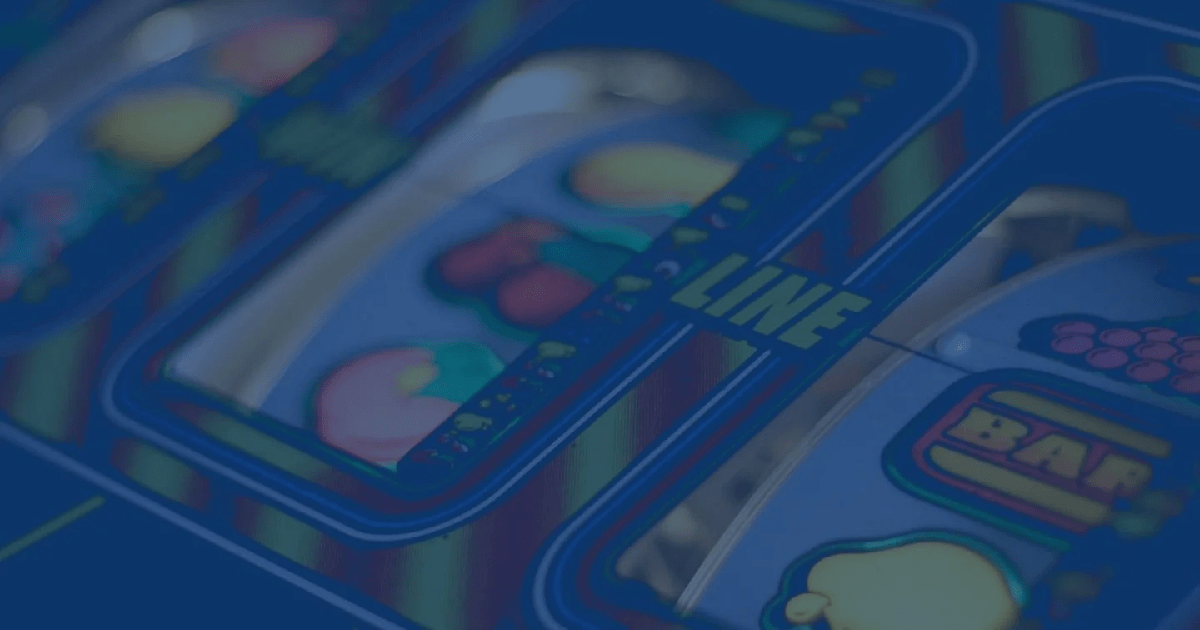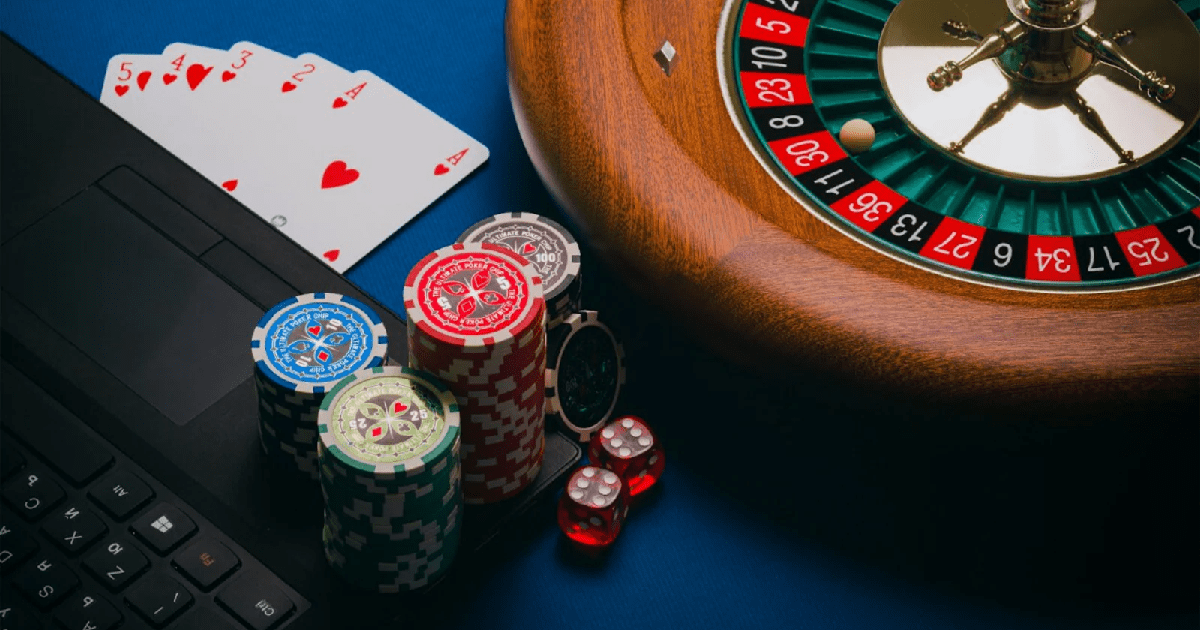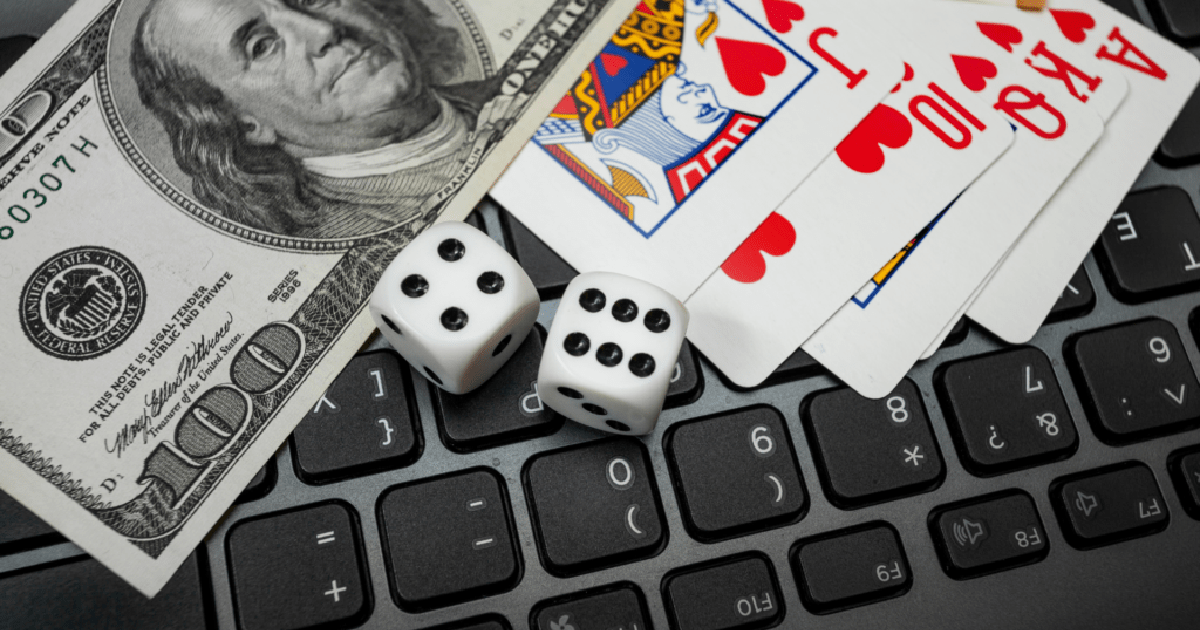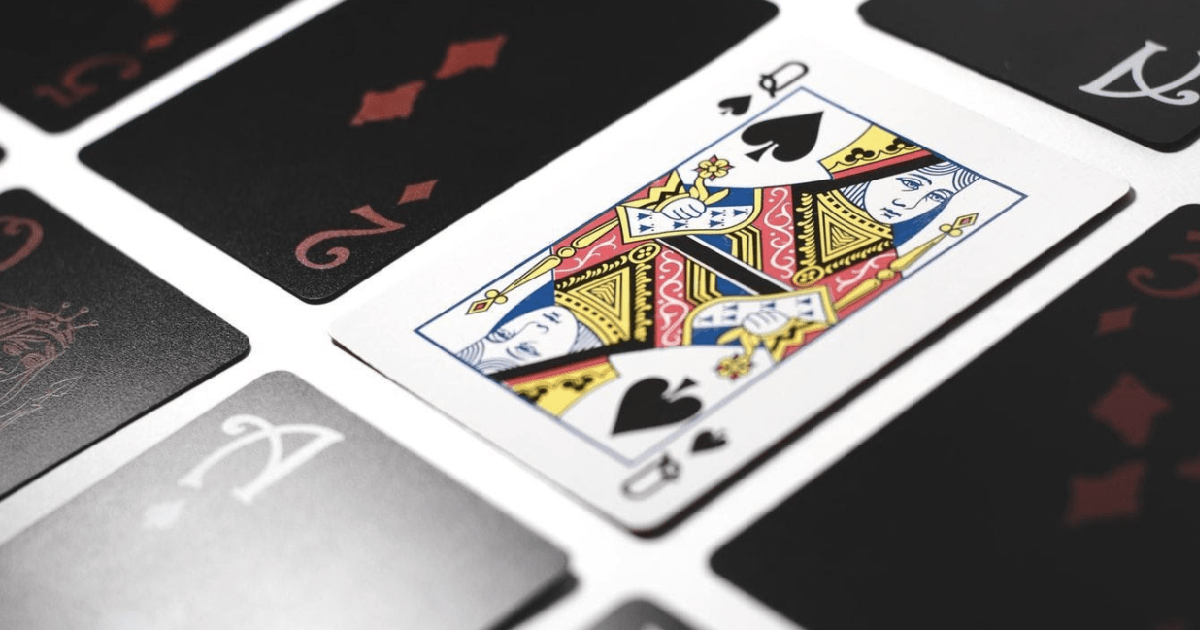
- Strategy
- 07 May 2025
Blackjack Insurance: A Wise Strategy or a Risky Wager?
Blackjack, renowned for its simplicity, pits players against the dealer in a battle to reach, but not exceed, a total of 21. However, the game took an intriguing turn when casinos introduced side bets, injecting an element of complexity into the otherwise straightforward gameplay. One such side bet that often sparks debate is blackjack insurance.
While we've hinted at the unfavorable odds associated with this wager, let's delve deeper into the realm of blackjack insurance, exploring its nuances, the probabilities involved, and whether it's a prudent move for players.
Understanding Blackjack Insurance
First and foremost, what exactly is blackjack insurance?
Blackjack insurance stands as the most prevalent optional side bet in the game, offering players a chance to safeguard themselves against the dealer's potential blackjack when their visible card is an ace.
When opting for insurance, players essentially bet that the dealer's unseen card will be valued at ten, resulting in a blackjack. A correct bet pays out at 2:1 odds, while an incorrect one results in the loss of the insurance wager.
Crunching the Numbers: Evaluating Blackjack Insurance Odds
Let's dissect the mathematics behind the blackjack insurance wager to provide players with a more informed perspective.
Imagine a scenario where you're playing online blackjack with a single deck, considering a $2 insurance bet. In such a scenario, the ratio of ten-value cards to non-tens stands at 16 (comprising four tens, four jacks, four queens, and four kings) to 36.
Now, envision the dealer revealing an ace as their upcard, prompting the option of placing an insurance bet. At this point, the ratio of non-ten-value cards to ten-value cards shifts to 35 to 16 (disregarding your hand composition). Here's a breakdown:
- You lose $70 (the total amount of times the dealer doesn't draw a ten) over 35 instances of making the $2 insurance wager.
- You win $64 (based on the 2:1 payout) over 16 instances of making the same wager and the dealer drawing a ten.
Opting for insurance consistently would result in a net loss of $6 ($70 lost vs. $64 won). Calculating the disadvantage by dividing the $6 loss by the $102 investment yields roughly a 5.9% house edge.
As evident, the payoff odds for blackjack insurance fall short of the true odds of a ten-value card appearing. If parity existed, the casino would offer slightly over $4 for each successful bet. However, this is not the case, underscoring the casino's advantage.
To Insure or Not to Insure: When to Make the Call
While blackjack rules don't explicitly discourage the insurance bet, it's essential to exercise prudence and employ simple math in making decisions. Consider the following scenarios:
-
Low Hand: If you possess a weak hand, like 16 or below, insurance might offset potential losses from drawing another card and busting.
-
Strong Hand: Despite conventional wisdom advising insurance with a strong hand like 20, the odds are skewed against you. With two of the eight ten-value cards already in play, the house edge balloons to a staggering 14.5%.
-
Blackjack Hand: In situations mirroring "even money," where you hold a blackjack and the dealer reveals an ace, the odds favor declining insurance. The dealer's likelihood of failing to draw a ten-value card is less than 31%, making the $5 insurance wager imprudent.
Exploring Other Blackjack Side Bets
Beyond the primary wager, several alternative side bets offer higher payouts but come with increased risk. Examples include:
- Perfect Pairs: Betting on whether your initial two cards will form a pair, with payouts ranging from 6:1 to 30:1.
- 21+3: Forming a three-card poker hand from your initial two cards and the dealer's upcard, with payouts varying based on hand strength.
- Bust It: Wagering on the dealer's likelihood of busting and the number of cards required to do so, with varying payouts.
- Lucky Ladies: Betting on the player's first two cards totaling 20, with payouts based on the total.
- Over/Under 13: Predicting whether your initial two cards' sum will exceed or fall below 13, typically offering even-money payouts.
In essence, while blackjack insurance presents itself as a tempting safeguard, its unfavorable odds and the house's edge advise caution. Employing a discerning approach, informed by mathematics and situational analysis, will ultimately steer players towards wiser decisions at the blackjack table.
